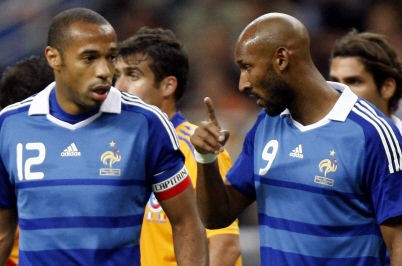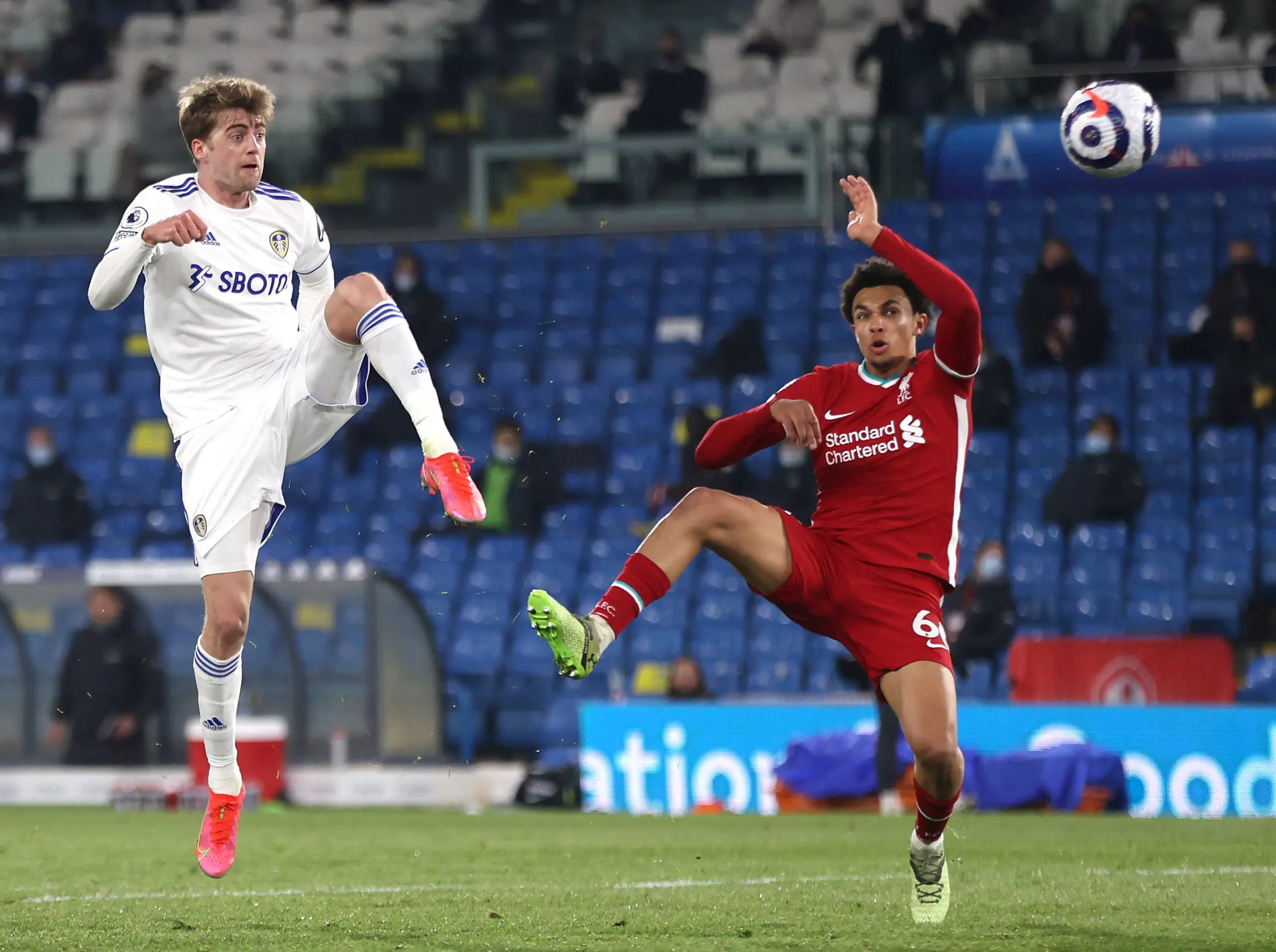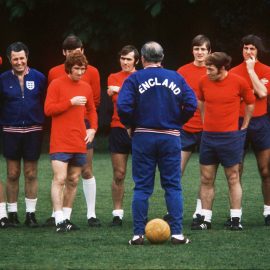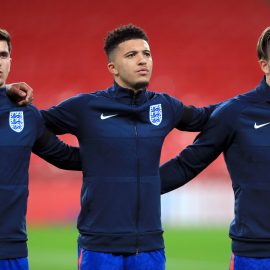Nearly ten fallow years have passed since the Football Association (FA) purchased 300-odd acres of rural Staffordshire in 2001 with the ‘express’ intent of developing a footballing ‘centre of excellence’ in the heart of England, akin to the elite Clairefontaine academy that has proved to be such a valuable asset to the French national team in recent history.
Various setbacks ensued but, an entire decade on, building work has finally been given the green-light to commence on the Burton site in January by the FA Board, with both their Professional… and National Games… arms guaranteeing to financially underwrite the development of the new ‘National Football Centre’ – which has since been christened ‘St George’s Park’.
The FA initially paid a little over £25 million for the Burton site and, as of yesterday, have confirmed that another £80 million will be made available through themselves, their sponsors and their commercial partners to transform the semi-vacant acreage into the new hub of English football.
As well as being home to 24 affiliated England teams using 12 outfield all-turf pitches, St George’s Park will also incorporate a Hilton hotel, the new League Managers Association HQ, a state-of-the-art sports medicine and performance research centre and extensive coaching facilities and on-site quarters.
Speaking to BBC Radio Five, FA board member and chairman of the National Football Centre board David Sheepshanks listed the new venture’s vital statistics:
“St George’s Park will be the hub to a workforce of 1,400 FA coach educators, who will train in the region of 250,000 coaches by 2018. These coaches will work in their local clubs and communities reaching upwards of seven million participants, engaging and inspiring the next generation of players.
It will also be an internationally-leading sports medicine and performance research centre; a training home to enhance international team development and an inspirational hub for everyone involved in football from the grassroots to elite.
Today’s decision (to begin building work) means that we can open in 2012 and help to deliver the first exciting legacy of a golden summer for sport in this country. St George’s Park will be accessible to all, aspirational, educational, sustainable and iconic – a truly national centre for our national game, in the heart of England.”
The National Football Centre is now tentatively scheduled to open in the summer of 2012 though, if the ridiculously convoluted timescale of the FA’s £757 million ‘New Wembley’ endeavour is anything to go by, we can probably expect to see the ribbon being cut at Burton just as the next ice age sets in.

Given the overwhelmingly positive effect that the Clairefontaine production line (and others like it across Europe) has had on the French national side, it’s hard not to foresee St George’s Park having a similar sway on England’s ailing senior set-up at some point in the intermediate future – that said, you can’t help but feel it’s being rubber-stamped about a decade or so too late.
Clairfontaine has seen the likes of Thierry Henry, Nicolas Anelka and William Gallas graduate since it’s inception in 1988, a period of time that can best be described as ‘fairly barren’ from an English perspective.
Granted, there has also been a considerable flock of ‘lesser lights’ (Jeremie Aliadiere instantly springs to mind) pass through the academy, but the salient fact is that their world-class coaching staff are directly responsible for the early development of many of Les Bleu‘s genuine international stars – listing World Cup winners amongst that number. Need I say more?
As well as preparing England’s foetal youngsters for the rigours of international football, Burton will provide a central hub to improve the fairly dismal and routine standard coaching in this country.
The only way to produce a continuous run of high quality players is to have high quality coaches as a bells-and-whistles academy can’t function properly if it isn’t optimally staffed.
If the FA finally get the developmental infrastructure right then the England set-up should theoretically be able to allow their current stable of coaching staff and potential managers to begin to rival their European counterparts, meaning that the need for another foreign coach to be placed in charge of the national side should be eliminated entirely.
In short, the new National Football Centre in Burton is not merely an important element of England’s future, it’s absolutely essential if the national side are to harbour any realistic dreams of regaining the swathes of ground that have been yielded to their European rivals over the past ten years.
Add Sportslens to your Google News Feed!






